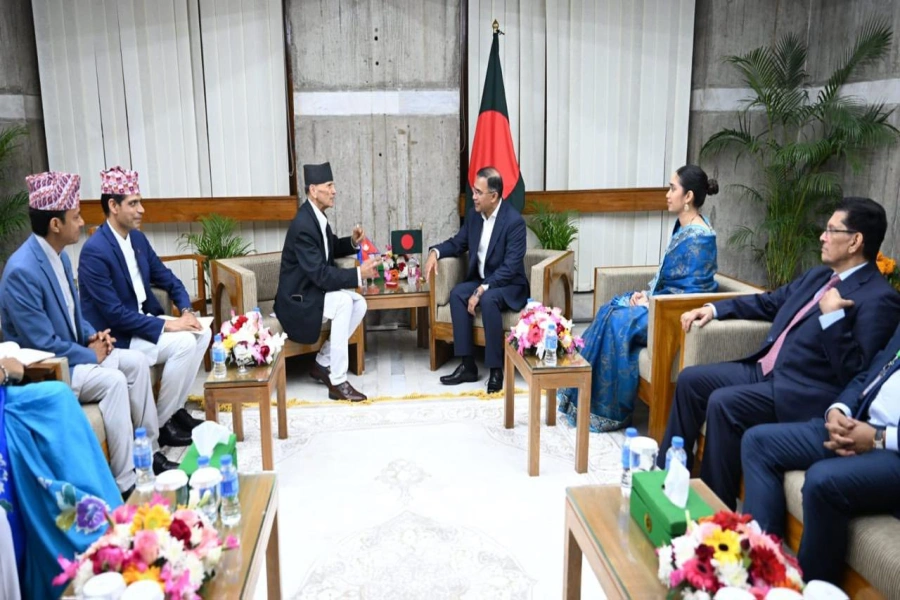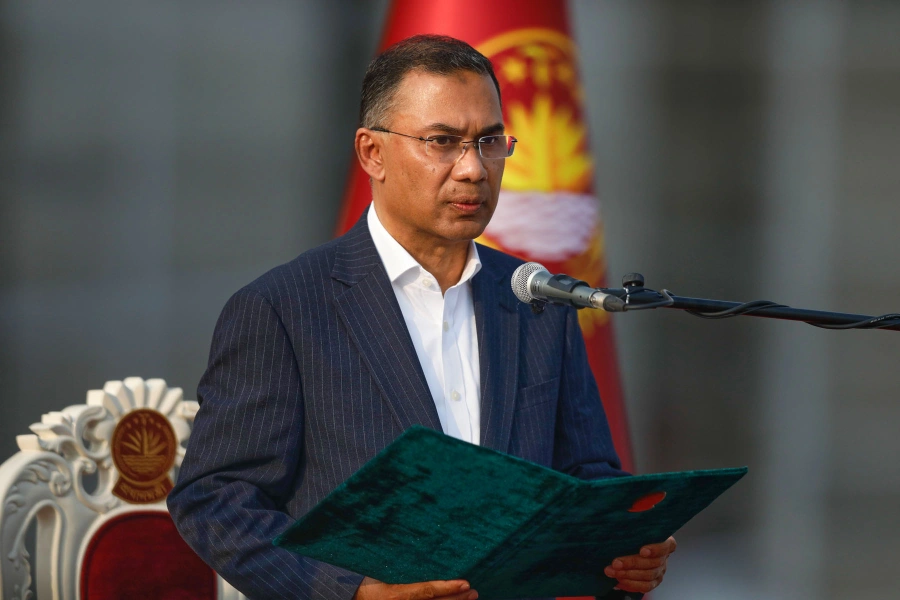KATHMANDU, August 2: The government has drawn criticisms for potentially infringing on citizens' privacy rights in the name of crime control and tariff regulation. The provision of direct access to citizens' SMS and call details, considered highly confidential, is raising concerns about the government's approach towards respecting the right to privacy.
A few days ago, the Nepal Telecommunication Authority (NTA) instructed Nepal Telecom and Ncell to implement the Telecommunications Traffic Monitoring and Fraud Control System (TERAMOCS) technology immediately. “The NTA has issued a circular to implement TERAMOCS technology so as to have direct access to citizens' highly confidential call details, SMS and tariffs,” said a senior employee of Nepal Telecom. According to him, the NTA will not facilitate Nepal Telecom and Ncell on any matter unless they use TERAMOCS technology.
Santosh Paudel, director and spokesperson of NTA, admitted that he has instructed both Nepal Telecom and Ncell to implement TERAMOCS technology. “We have said that this TERAMOCS technology should be implemented, but it has not been implemented yet,”said Paudel. He said that since this technology is necessary to control crimes such as call bypass and also to monitor how the customers’ tariffs are being deducted, he instructed both the agencies to implement TERAMOCS technology immediately.
“It is important to prevent call bypass and distortion in tariffs,” said director Paudel. But required laws related to TERAMOCS is in the form of a draft at the Ministry of Law, Information, Technology and Communication. This clearly indicates that the government is trying to have access to privacy without drafting laws, which in a way endangers the right to privacy of citizens.
All the messages and call details of customers of the service providers associated with the TERMACOS technology are recorded, thereby violating the privacy of the individual.
Desperate search for missing girls as nearly 80 dead in Texas f...

Two years ago, NTA tried to implement the TERAMOCS technology as soon as it had brought necessary materials including servers, mobiles and test kits from Lebanon's Vanrise Solutions Company for US $ 2037 million.
Although the NTA introduced this technology to check the quality of voice, SMS and data traffic monitoring and fraud detection, there is a legal barrier in its implementation.
In order to fully implement this technology, the government has prepared the 'Telecommunications Law Amendment and Consolidation Bill-2079', which provides for the right to record an individual’s call.
If this bill is passed by the parliament as it is, it will violate the rights of individuals regarding freedom and privacy. Republica published news in this regard for the first time on March 21, 2023 under the title ‘Law to record conversations being introduced!’. The bill was then shelved after widespread opposition in and outside the parliament.
After the publication of the news that the bill, if passed, would allow government officials to directly record the conversations of the citizens on telephones, mobiles, and social media, it was halted for some time. Now, the government is conspiring to implement this provision through NTA without formulating the required laws.
The bill prepared by the Ministry of Communication and Information Technology for the amendment to the Telecommunications Act has such provision in sub-sections 1 and 2 of Section 77.
According to Sub-section 2 of Section 77 of the draft, a provision has been made to connect a mechanism to get direct access to the systems of service providers using appropriate technology and to get access to information.
In section 77 of the draft bill prepared by the government, it is stated, “Recording the conversation of any person, including revealing the identity and other details related to the service, can be obtained from the service provider for investigation.”
The investigating agencies authorized by the Government of Nepal can record conversations about activities against the sovereignty, integrity and national interest of Nepal and activities such as treason, crime or organized crime or criminal offense. For this, the fundamental rights provided by the constitution have been violated by preparing the draft in such a way that even a court order is not necessary to record conversations.
TERAMOCS technology is being used only by a few countries, including China, North Korea, and Bangladesh, where freedom of the press and fundamental rights of citizens are suppressed. A Maoist official said that the government is doing injustice to the citizens by bringing the technology that is being used by countries that have restricted fundamental freedom of the press. “After installing TERAMOCS, it is doubtful why the Maoist-led government is interested in this technology that provides complete information about phone calls and messages of citizens,” he said.
In the previous session of parliament, a proposal was submitted to the parliamentary committee to provide legal authority to the National Investigation Department to tap any person's phone without taking prior permission. There was widespread opposition in the committee on this matter. At that time, the government was criticized in and outside the parliament regarding the proposal that was included in the bill. During the discussion in the committee, opposition Nepali Congress and then ruling UML-CPN lawmakers also protested.
“It has raised a big question about what has inspired to bring up the subject of privacy which includes the collection of very personal details such as call details and SMS. This issue has courted controversy time and again, since the reign of the CPN (Maoist Center)-led government. This will be discussed in the upcoming meeting of the party as well,” said a Maoist leader. According to NTA sources, Nepal Telecom and Ncell have been pressured to implement the technology effective from August 3.






































